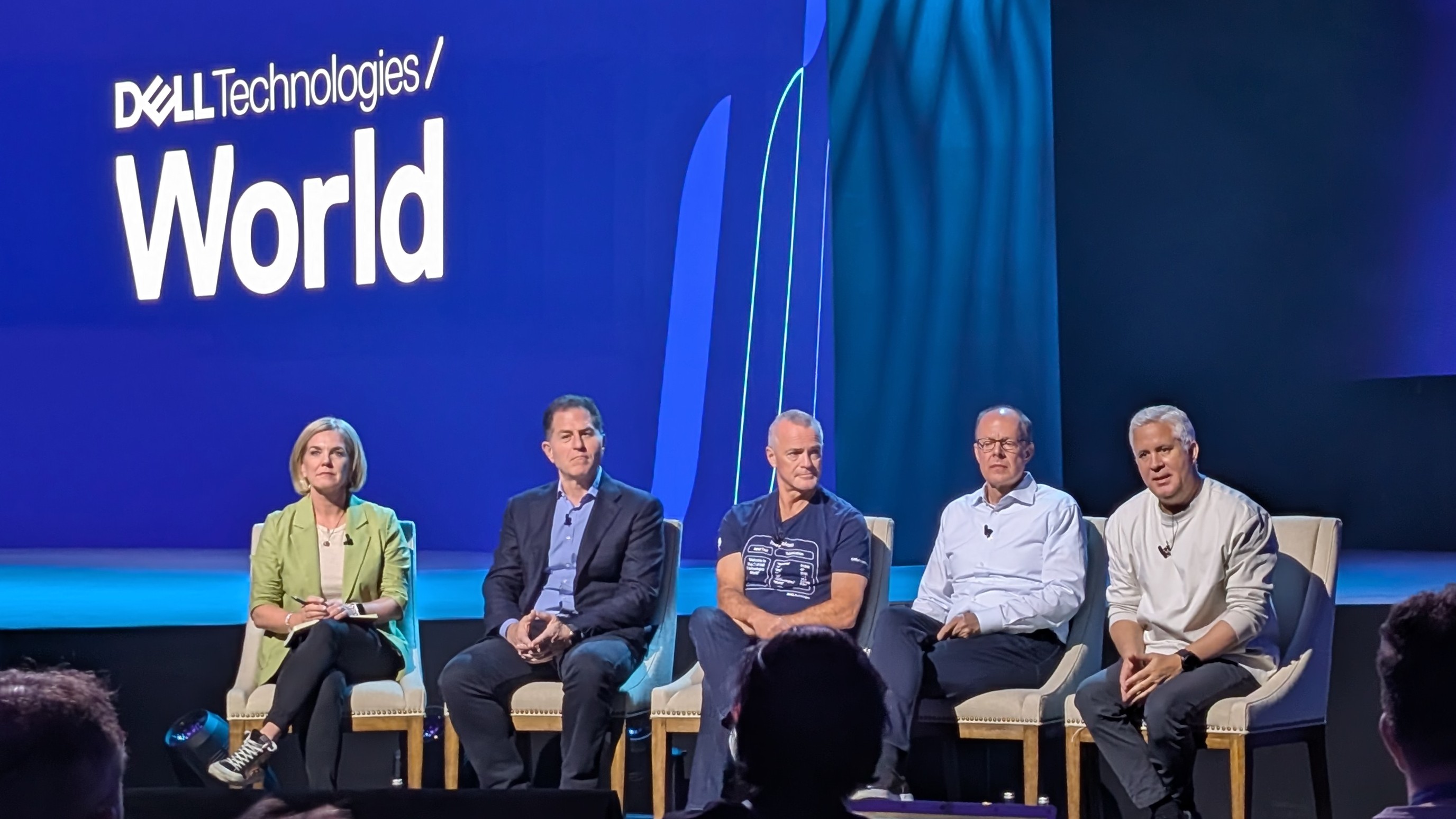Why Tech Teams Hire Data Scientists and DevOps Together
Modern tech companies are discovering that when they hire data scientists, pairing them with DevOps engineers creates exponential value. This partnership has become essential for organizations seeking to move beyond proof-of-concept models into production-ready solutions that deliver real business impact. The traditional approach of hiring these roles separately often leads to deployment bottlenecks and missed opportunities. Industry leaders like Netflix, Spotify, and Airbnb have demonstrated how integrated data science and DevOps teams accelerate innovation cycles. Their success stems from recognizing that data insights are only valuable when they can be deployed reliably and scaled efficiently. This realization has shifted hiring strategies across the tech industry. Breaking Down Traditional Silos Companies that hire data scientists without considering DevOps integration often struggle with the "last mile" problem. Data scientists create brilliant models in isolated environments, but these models fail to reach production or deliver inconsistent results when deployed. DevOps engineers, meanwhile, focus on infrastructure and deployment pipelines but lack the domain knowledge to optimize systems for machine learning workloads. The Data Science Production Challenge When organizations hire data scientists independently, they frequently encounter deployment challenges that can derail entire projects. Research shows that 87% of data science projects never make it to production, often due to infrastructure and deployment barriers rather than technical model limitations. Model Deployment Bottlenecks Data scientists typically work in notebook environments using tools like Jupyter, creating models that perform excellently in controlled settings. However, transitioning these models to production systems requires expertise in containerization, API development, monitoring, and scaling—skills that fall outside traditional data science training. The gap between model creation and deployment can stretch project timelines from months to years. Companies that hire data scientists without addressing this deployment gap often see promising projects stagnate in development phases, never delivering the promised business value. Infrastructure Requirements for ML Workloads Machine learning applications have unique infrastructure needs that differ significantly from traditional web applications. They require specialized hardware for training, efficient data pipelines, model versioning systems, and performance monitoring capabilities. DevOps engineers bring the expertise needed to architect these complex systems effectively. Why DevOps and Data Science Make Perfect Partners The synergy between data science and DevOps becomes apparent when examining their complementary skill sets. While data scientists excel at pattern recognition and statistical modeling, DevOps engineers specialize in automation, scalability, and system reliability. Together, they create a complete solution delivery pipeline. Accelerated Time-to-Market Teams that hire data scientists alongside DevOps engineers typically achieve 60% faster deployment cycles compared to traditional approaches. This acceleration comes from parallel development workflows where infrastructure preparation happens alongside model development, eliminating sequential bottlenecks that plague many data science projects. DevOps engineers can prepare production environments, set up monitoring systems, and create deployment pipelines while data scientists focus on model optimization. This parallel approach ensures that once models are ready, deployment can happen within days rather than months. Enhanced Model Monitoring and Maintenance Production machine learning models require continuous monitoring for performance degradation, data drift, and system health. DevOps engineers bring expertise in creating comprehensive monitoring systems that track not just traditional system metrics but also model-specific performance indicators that data scientists define. The MLOps Revolution: Where Data Science Meets DevOps The emergence of MLOps (Machine Learning Operations) represents the formalization of data science and DevOps collaboration. Companies that hire data scientists with MLOps understanding alongside DevOps engineers experienced in ML workflows create teams capable of implementing end-to-end machine learning solutions. Automated Model Deployment Pipelines MLOps pipelines automate the entire journey from data preprocessing to model deployment and monitoring. These systems enable data scientists to focus on model improvement while DevOps engineers ensure reliable, scalable deployment infrastructure. The result is faster iteration cycles and more robust production systems. Version Control for Machine Learning Unlike traditional software, machine learning systems require versioning for da

Modern tech companies are discovering that when they hire data scientists, pairing them with DevOps engineers creates exponential value. This partnership has become essential for organizations seeking to move beyond proof-of-concept models into production-ready solutions that deliver real business impact. The traditional approach of hiring these roles separately often leads to deployment bottlenecks and missed opportunities.
Industry leaders like Netflix, Spotify, and Airbnb have demonstrated how integrated data science and DevOps teams accelerate innovation cycles. Their success stems from recognizing that data insights are only valuable when they can be deployed reliably and scaled efficiently. This realization has shifted hiring strategies across the tech industry.
Breaking Down Traditional Silos
Companies that hire data scientists without considering DevOps integration often struggle with the "last mile" problem. Data scientists create brilliant models in isolated environments, but these models fail to reach production or deliver inconsistent results when deployed. DevOps engineers, meanwhile, focus on infrastructure and deployment pipelines but lack the domain knowledge to optimize systems for machine learning workloads.
The Data Science Production Challenge
When organizations hire data scientists independently, they frequently encounter deployment challenges that can derail entire projects. Research shows that 87% of data science projects never make it to production, often due to infrastructure and deployment barriers rather than technical model limitations.
Model Deployment Bottlenecks
Data scientists typically work in notebook environments using tools like Jupyter, creating models that perform excellently in controlled settings. However, transitioning these models to production systems requires expertise in containerization, API development, monitoring, and scaling—skills that fall outside traditional data science training.
The gap between model creation and deployment can stretch project timelines from months to years. Companies that hire data scientists without addressing this deployment gap often see promising projects stagnate in development phases, never delivering the promised business value.
Infrastructure Requirements for ML Workloads
Machine learning applications have unique infrastructure needs that differ significantly from traditional web applications. They require specialized hardware for training, efficient data pipelines, model versioning systems, and performance monitoring capabilities. DevOps engineers bring the expertise needed to architect these complex systems effectively.
Why DevOps and Data Science Make Perfect Partners
The synergy between data science and DevOps becomes apparent when examining their complementary skill sets. While data scientists excel at pattern recognition and statistical modeling, DevOps engineers specialize in automation, scalability, and system reliability. Together, they create a complete solution delivery pipeline.
Accelerated Time-to-Market
Teams that hire data scientists alongside DevOps engineers typically achieve 60% faster deployment cycles compared to traditional approaches.
This acceleration comes from parallel development workflows where infrastructure preparation happens alongside model development, eliminating sequential bottlenecks that plague many data science projects.
DevOps engineers can prepare production environments, set up monitoring systems, and create deployment pipelines while data scientists focus on model optimization. This parallel approach ensures that once models are ready, deployment can happen within days rather than months.
Enhanced Model Monitoring and Maintenance
Production machine learning models require continuous monitoring for performance degradation, data drift, and system health. DevOps engineers bring expertise in creating comprehensive monitoring systems that track not just traditional system metrics but also model-specific performance indicators that data scientists define.
The MLOps Revolution: Where Data Science Meets DevOps
The emergence of MLOps (Machine Learning Operations) represents the formalization of data science and DevOps collaboration. Companies that hire data scientists with MLOps understanding alongside DevOps engineers experienced in ML workflows create teams capable of implementing end-to-end machine learning solutions.
Automated Model Deployment Pipelines
MLOps pipelines automate the entire journey from data preprocessing to model deployment and monitoring. These systems enable data scientists to focus on model improvement while DevOps engineers ensure reliable, scalable deployment infrastructure. The result is faster iteration cycles and more robust production systems.
Version Control for Machine Learning
Unlike traditional software, machine learning systems require versioning for data, models, and code simultaneously. DevOps engineers bring version control expertise while data scientists contribute domain knowledge about model lifecycle management. This collaboration ensures reproducibility and rollback capabilities essential for production ML systems.
Real-World Success Stories
Companies across industries have demonstrated the power of integrated data science and DevOps teams. Uber's ML platform enables hundreds of data scientists to deploy models seamlessly through standardized pipelines created by their DevOps teams. This integration allows Uber to run thousands of ML models in production simultaneously.
Netflix's Recommendation Engine Success
Netflix's recommendation system, which drives 80% of viewer engagement, relies on close collaboration between data scientists and DevOps engineers. Their data scientists develop sophisticated recommendation algorithms while DevOps engineers ensure these systems can handle millions of real-time requests with sub-second response times.
**
Spotify's Personalization at Scale**
Spotify's ability to deliver personalized playlists to over 400 million users demonstrates the power of integrated teams. When they hire data scientists, Spotify pairs them with DevOps engineers who understand the unique challenges of real-time music recommendation systems operating at global scale.
Building Cross-Functional Collaboration Skills
Successful integration requires both data scientists and DevOps engineers to develop cross-functional understanding. Data scientists need basic knowledge of containerization, API design, and system architecture, while DevOps engineers benefit from understanding ML model characteristics and performance requirements.
Communication and Knowledge Sharing
The most effective teams establish regular knowledge-sharing sessions where data scientists explain model behavior and requirements while DevOps engineers share infrastructure capabilities and constraints. This mutual education creates more effective collaboration and better solution design.
Shared Tooling and Standards
Teams that hire data scientists and DevOps engineers together often develop shared tooling standards. This might include standardized containerization approaches, common monitoring frameworks, and agreed-upon deployment patterns that both teams understand and can work with effectively.
Economic Impact of Integrated Teams
Companies that hire data scientists alongside DevOps engineers report significantly higher ROI on their data science investments. McKinsey research indicates that organizations with mature MLOps practices are 50% more likely to achieve widespread AI adoption and see 20% higher revenue growth from AI initiatives.
Reduced Technical Debt
Integrated teams produce more maintainable solutions with lower long-term technical debt. When DevOps engineers are involved from project inception, they can guide architecture decisions that prevent future scalability and maintenance issues that often plague data science projects.
Faster Innovation Cycles
The combination of data science expertise and DevOps efficiency creates faster innovation cycles. Teams can experiment with new approaches, deploy them quickly, measure results, and iterate based on real-world performance data. This rapid feedback loop accelerates learning and improvement.
Hiring Strategies for Integrated Teams
Organizations looking to hire data scientists should simultaneously consider their DevOps needs. The most effective approach involves hiring both roles with explicit expectations of collaboration and shared project ownership. This might mean adjusting job descriptions to emphasize cross-functional skills and collaborative experience.
Skills Assessment for Collaborative Roles
When you hire data scientists for integrated teams, assess their understanding of deployment challenges and their willingness to learn DevOps concepts. Similarly, DevOps candidates should demonstrate interest in understanding ML workloads and their unique infrastructure requirements.
Team Structure and Organization
Successful companies organize these roles within the same reporting structure, often creating cross-functional product teams that include both data scientists and DevOps engineers. This organizational approach ensures aligned incentives and shared accountability for project outcomes.
Future Trends in Data Science and DevOps Integration
The trend toward integrated data science and DevOps teams will continue accelerating as more companies recognize the competitive advantages. New tools and platforms are emerging specifically designed to support this collaboration, making it easier for organizations to hire data scientists and DevOps engineers who can work together effectively.
**Emerging Technologies and Tools
**
Platforms like MLflow, Kubeflow, and DataRobot are making it easier for data scientists and DevOps engineers to collaborate. These tools provide standardized interfaces that both roles can understand and use, reducing the learning curve for cross-functional collaboration.
Conclusion: The Strategic Advantage of Integrated Teams
Companies that hire data scientists alongside DevOps engineers position themselves for success in an increasingly data-driven business environment. This integration eliminates deployment bottlenecks, accelerates time-to-market, and ensures that data science investments deliver measurable business value.
The evidence is clear: organizations that treat data science and DevOps as complementary rather than separate functions achieve better outcomes, faster deployment cycles, and higher ROI on their technology investments. As the competition for data-driven advantages intensifies, the companies that hire data scientists and DevOps engineers as integrated teams will have a significant competitive edge over those that maintain traditional organizational silos.





















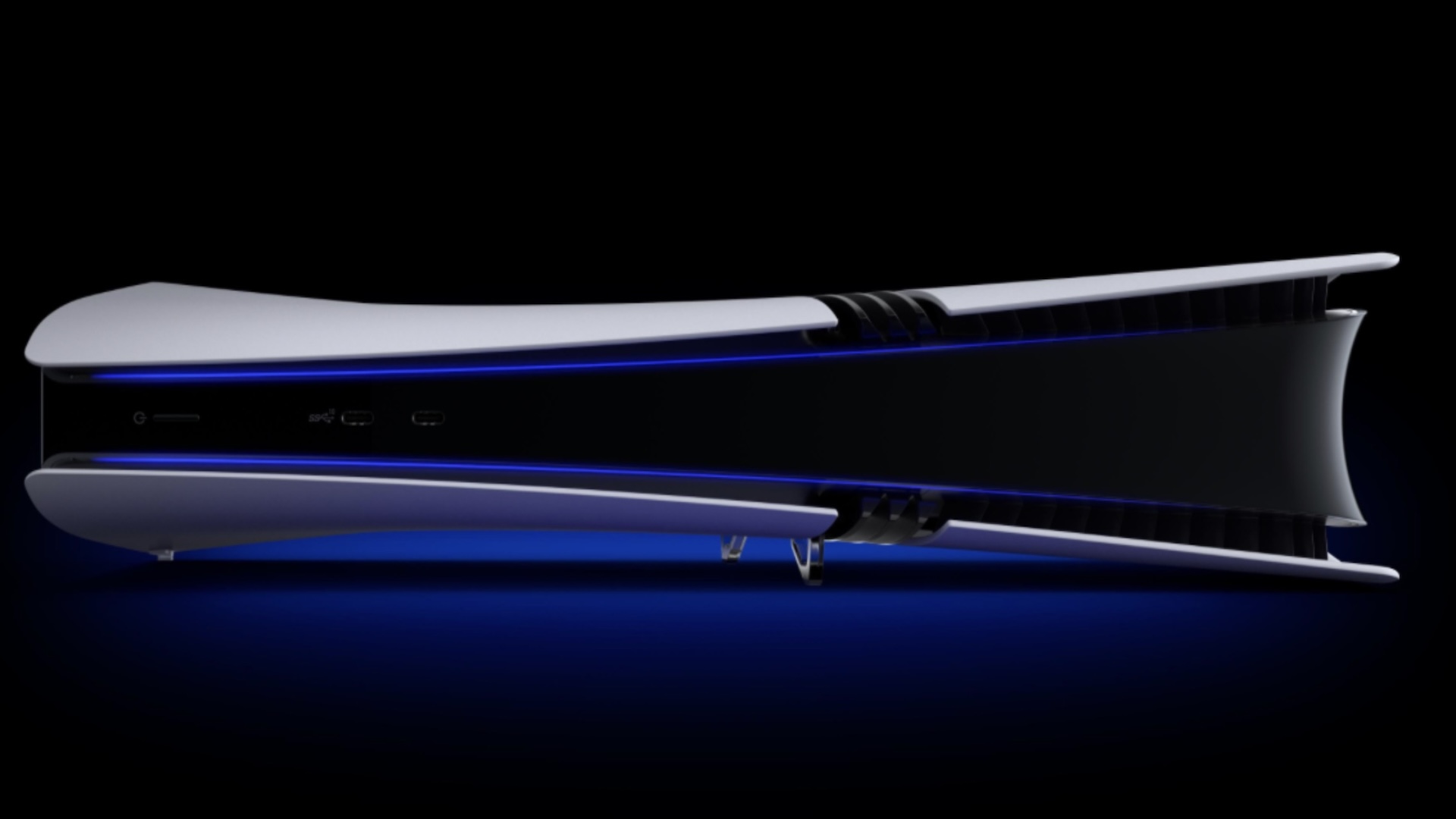
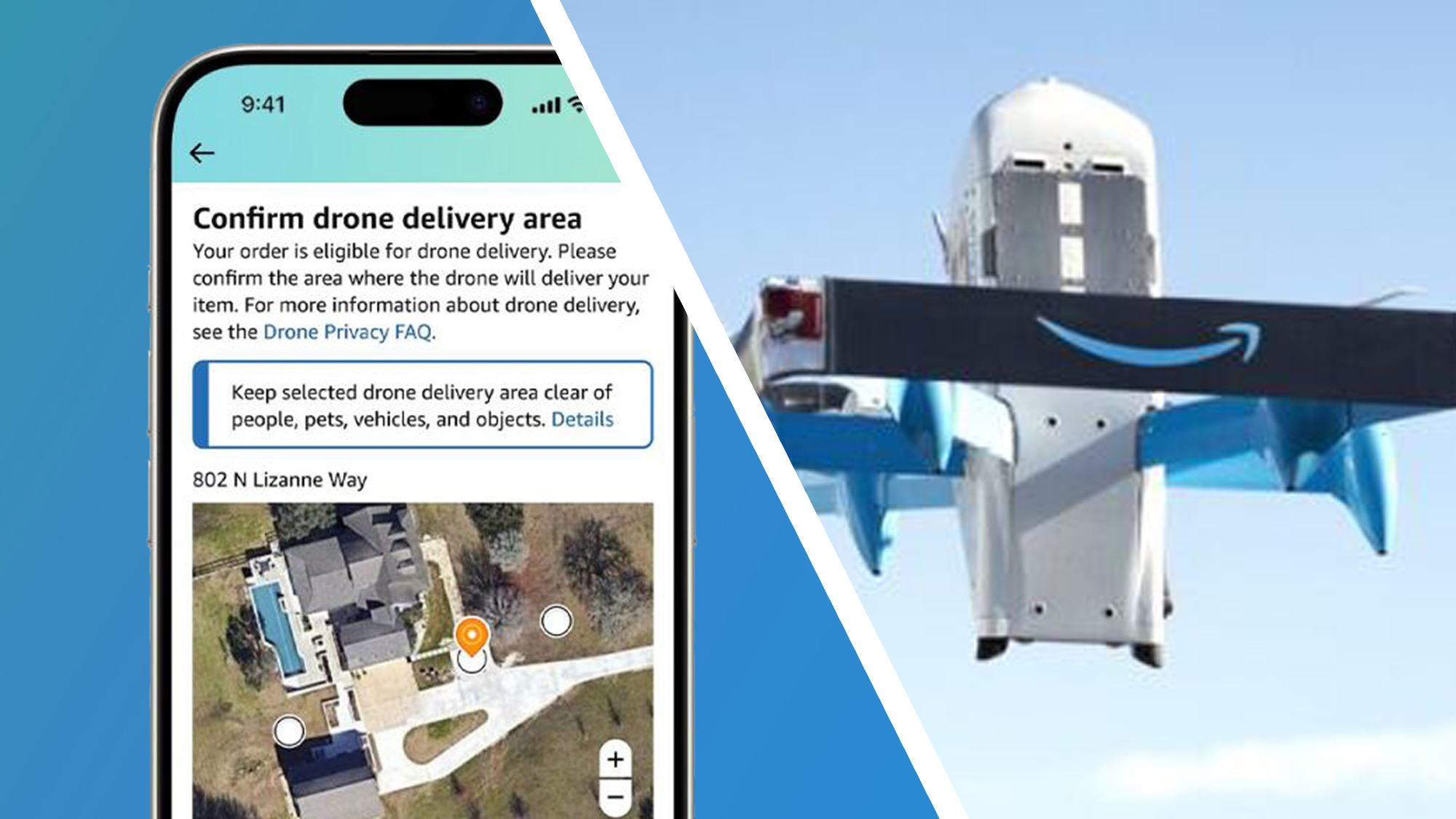


































































































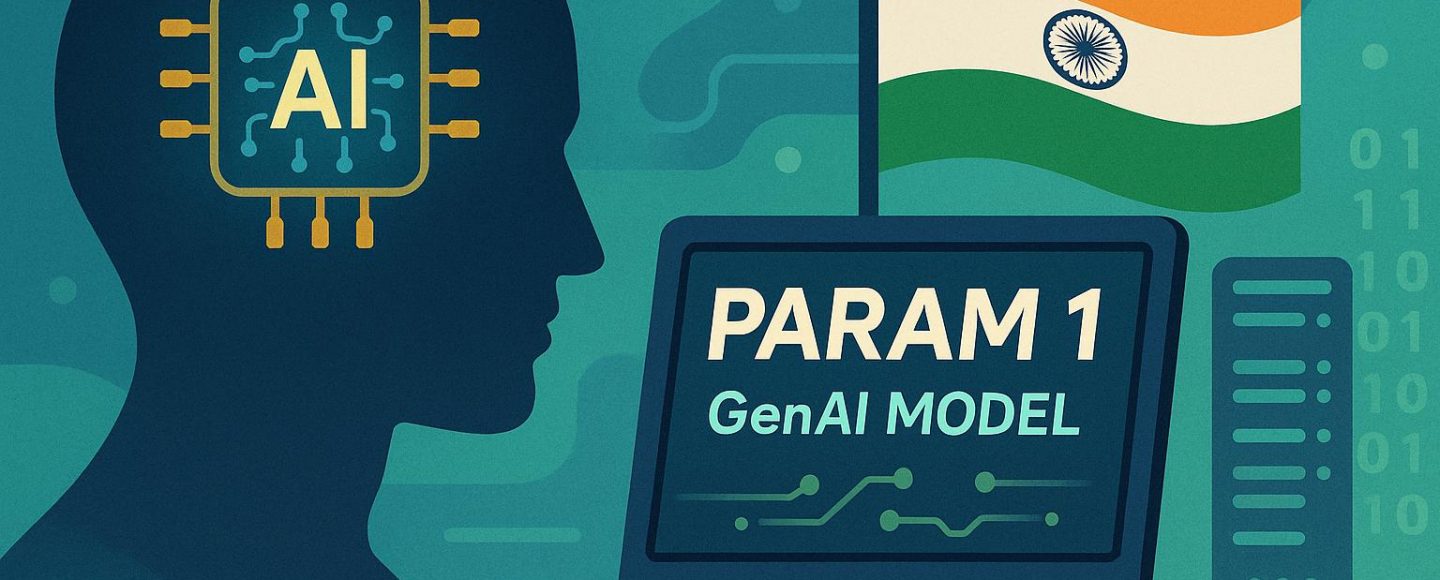























































![[The AI Show Episode 148]: Microsoft’s Quiet AI Layoffs, US Copyright Office’s Bombshell AI Guidance, 2025 State of Marketing AI Report, and OpenAI Codex](https://www.marketingaiinstitute.com/hubfs/ep%20148%20cover%20%281%29.png)


![[The AI Show Episode 146]: Rise of “AI-First” Companies, AI Job Disruption, GPT-4o Update Gets Rolled Back, How Big Consulting Firms Use AI, and Meta AI App](https://www.marketingaiinstitute.com/hubfs/ep%20146%20cover.png)





































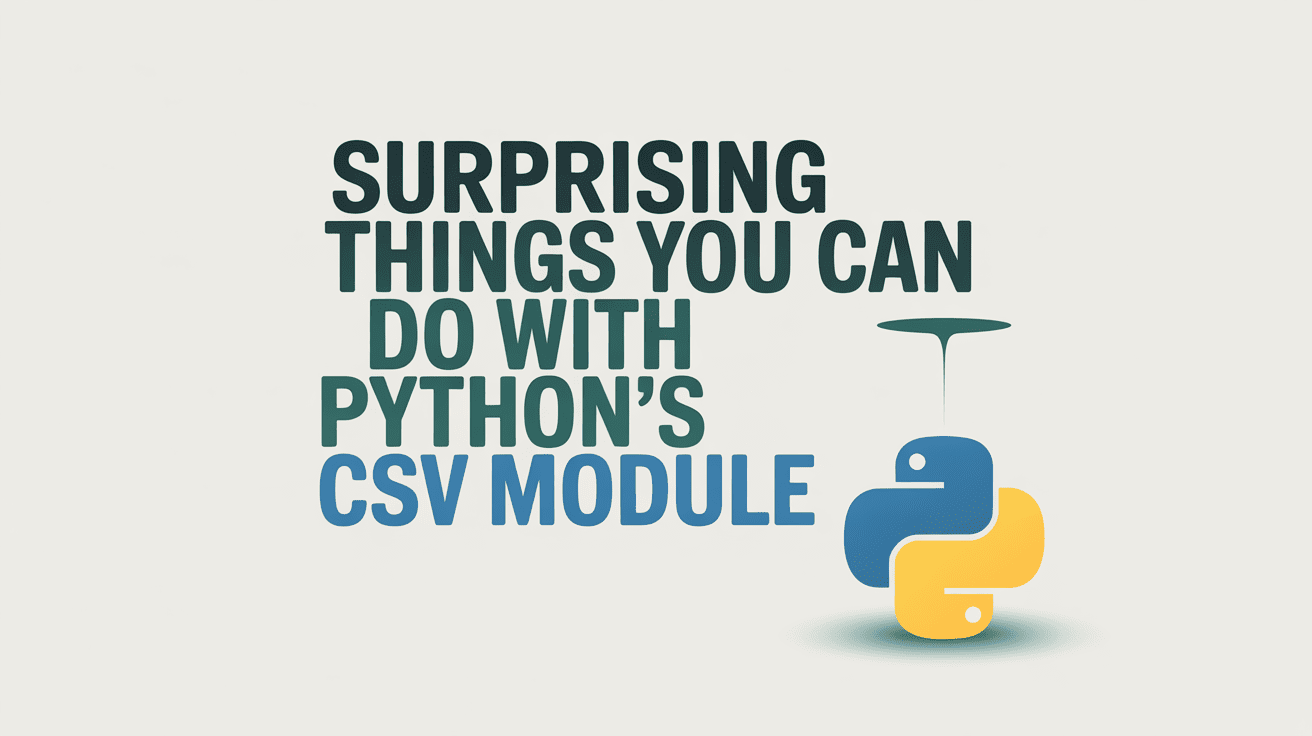




































































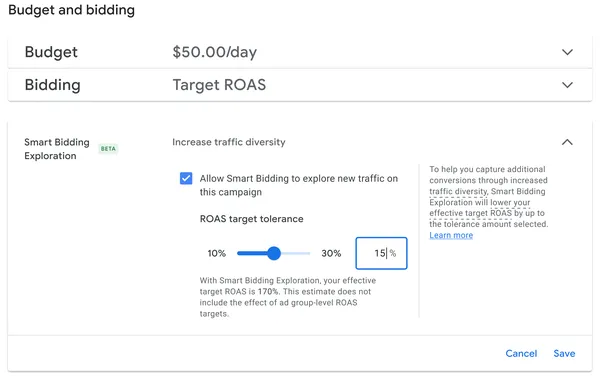























































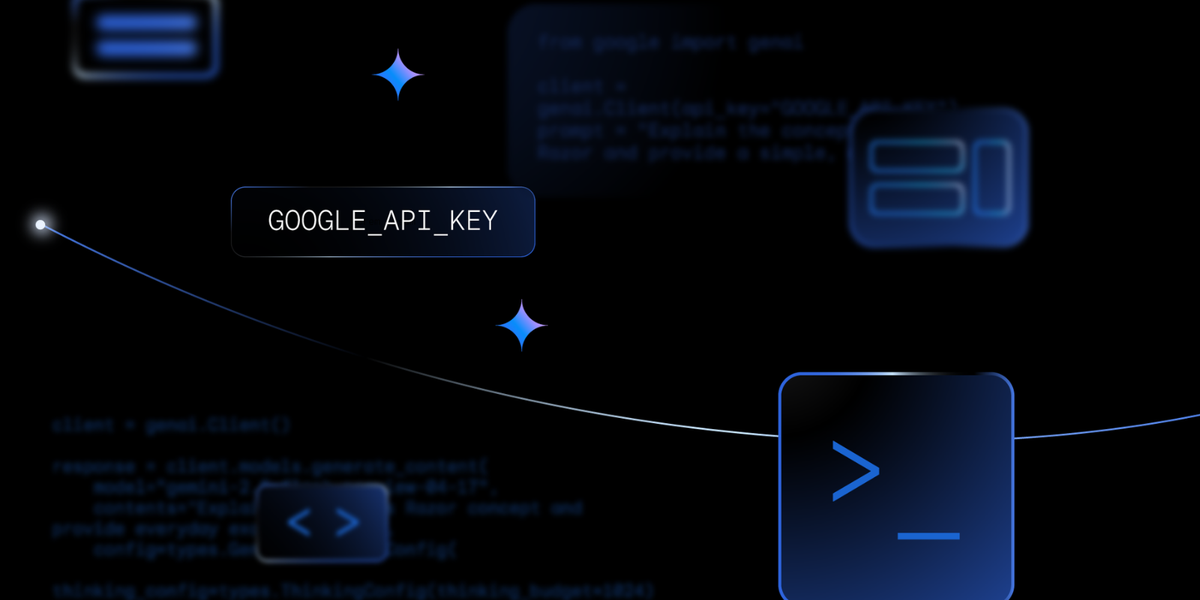








.jpg?width=1920&height=1920&fit=bounds&quality=70&format=jpg&auto=webp#)



































































.jpg?width=1920&height=1920&fit=bounds&quality=70&format=jpg&auto=webp#)








_Alan_Wilson_Alamy.jpg?width=1280&auto=webp&quality=80&disable=upscale#)











_pichetw_Alamy.jpg?width=1280&auto=webp&quality=80&disable=upscale#)


























































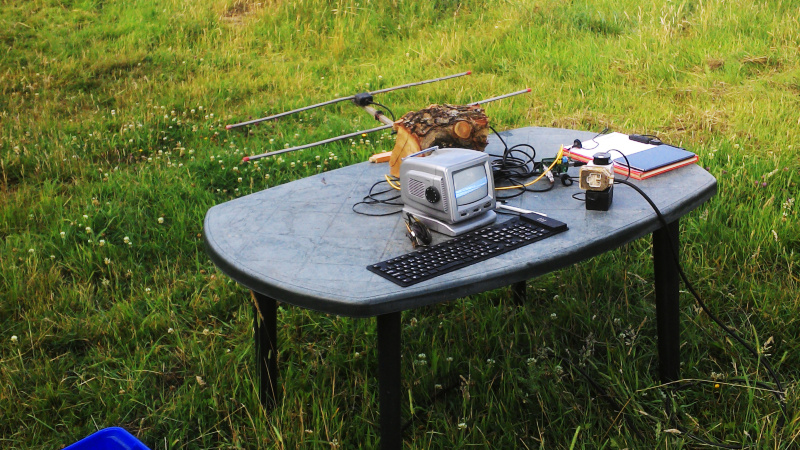























































![Apple Leads Global Wireless Earbuds Market in Q1 2025 [Chart]](https://www.iclarified.com/images/news/97394/97394/97394-640.jpg)

![OpenAI Acquires Jony Ive's 'io' to Build Next-Gen AI Devices [Video]](https://www.iclarified.com/images/news/97399/97399/97399-640.jpg)
![Apple Shares Teaser for 'Chief of War' Starring Jason Momoa [Video]](https://www.iclarified.com/images/news/97400/97400/97400-640.jpg)














